Endangered Species vs. Extinct Species
Published Dec. 23 2020, 3:59 p.m. ET
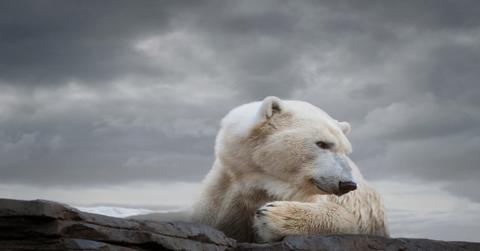
In moments like these, the phrase, “extinction is forever, endangered means there’s still time” comes to mind. When a species goes extinct, it means that every single member of its species has died off. It’s been 66 million years since the last great extinction at the end of the Mesozoic era and sadly, the Earth is currently poised for yet another mass extinction.
And frankly, it’s all our fault.
Since the 16th century, human beings have driven at least 680 vertebrate species to extinction. Pollution, habitat destruction, and overhunting have all contributed to their demises, and despite the best efforts and intentions of some individuals, many more species are poised to go the same way as the dinosaurs. This all has many people wondering, has extinction become an eventuality? Have we truly reached the point of no return?
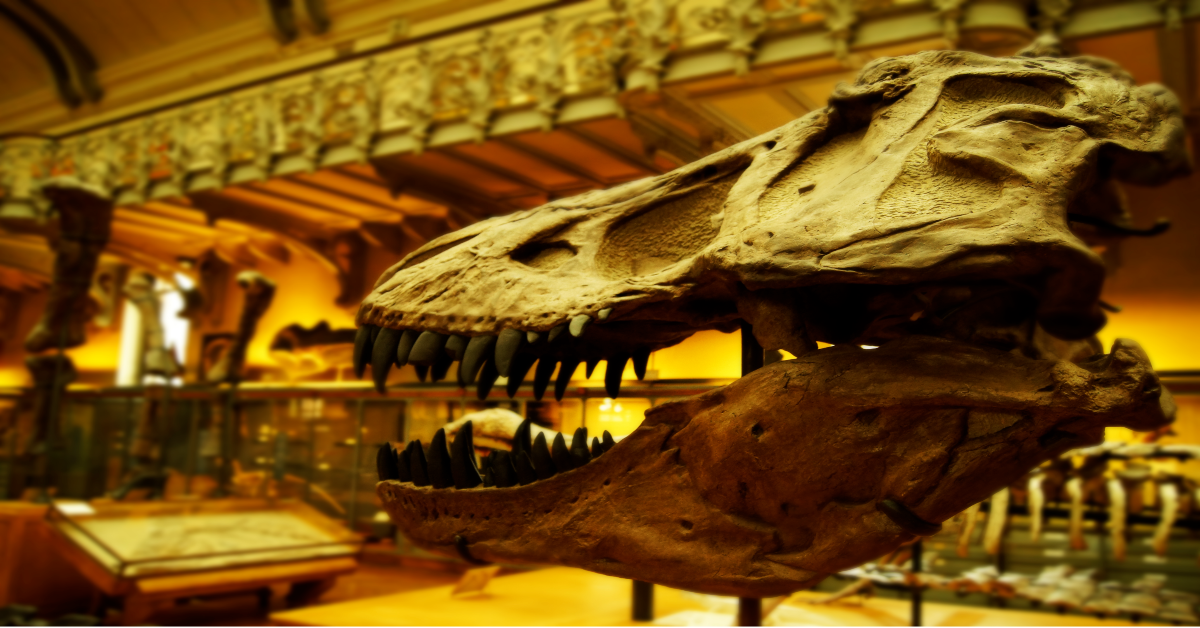
What does it mean when a species is extinct?
Extinction of a particular animal or plant species occurs when there are no more individuals of that species alive anywhere in the world. In essence, the species has died out. In many cases, especially in the days before humanity, this was a natural part of the process. Evolution had a hand in supplanting many species with ones who were more equipped to deal with the changing world than their predecessors.
In ancient times, before the age of man, extinctions happened on a massive scale. Thousands of species would die out as a result of climate change or natural disasters. The end of an Ice Age, the catastrophic results of an asteroid’s impact, a great storm, or even a volcanic eruption — all of these things could take out a whole era’s worth of plants and animals. The arrival of humanity changed all that.
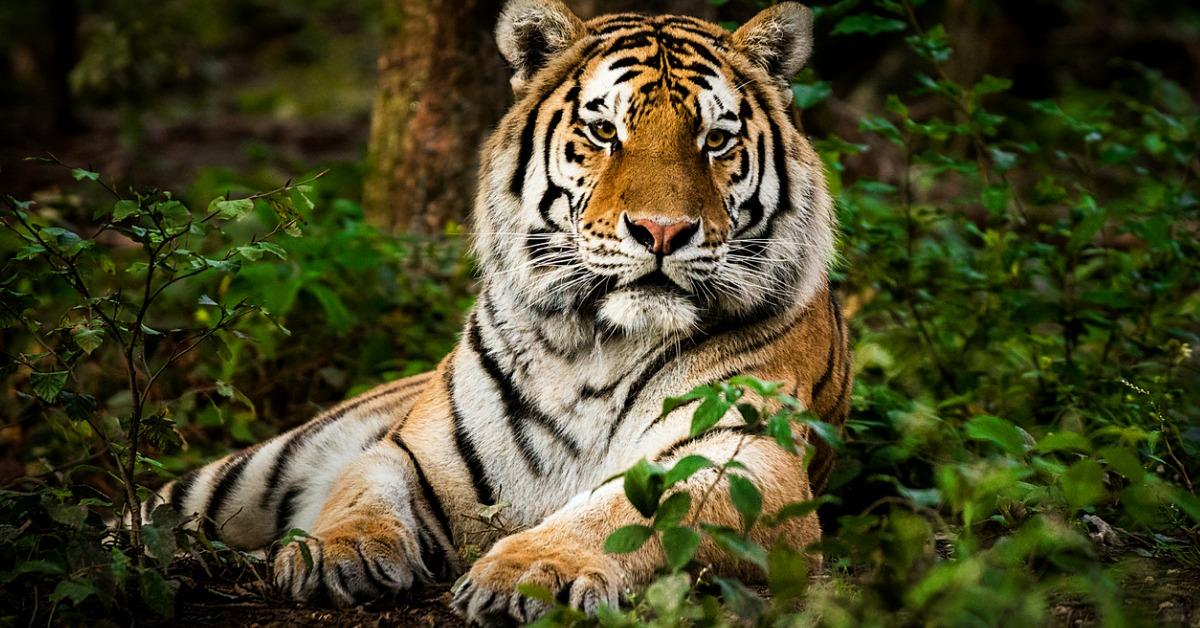
How does a species go extinct?
Things are different now. Human beings are to blame for most of the extinctions that happen in the modern age. We settle on and destroy natural habitats, forcing species to lose their homes and food sources. We hunt animals for sport, for their horns, fur, feathers, or meat, until none of them are left. Our garbage, pollution, and pesticides choke the life out of rivers and oceans, fields, and forests, killing off entire ecosystems in the process.
We capture animals as pets or as curiosities, removing them from their habitats and displaying them for our entertainment. Sometimes, we introduce other animals into existing ecosystems, destroying the delicate balance in a strange example of forced evolution. Humanity has done many things to ensure the extinction of our fellow living things, and despite everything we’ve been told, we seem content to keep doing so on a massive global scale.
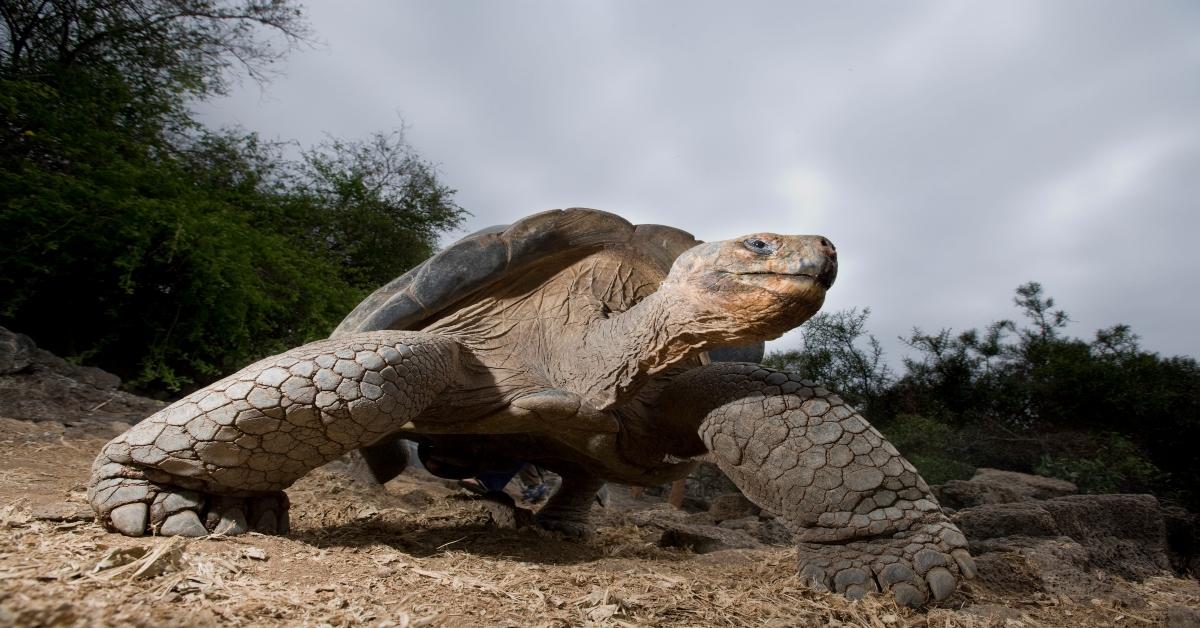
What does it mean when a species is endangered?
A species is considered endangered when its numbers have fallen to such levels that it is considered “threatened with extinction.” The modern criteria for determining an endangered species is set by a coalition of individuals who interpret and enforce the 1973 Endangered Species Act and other similar initiatives. Today, it is estimated that more than 50 percent of the world's species are at risk of extinction.
How many endangered species are there?
According to the World Wildlife Fund, more than 96,500 species have been assessed for the Red List and more than 26,500 of those are threatened with extinction. In fact, there are more than 1,300 endangered or threatened species in the U.S. alone. And while a select few have seen increases in numbers due to breeding programs and conservation efforts, those numbers do not show any sign of decreasing overall.
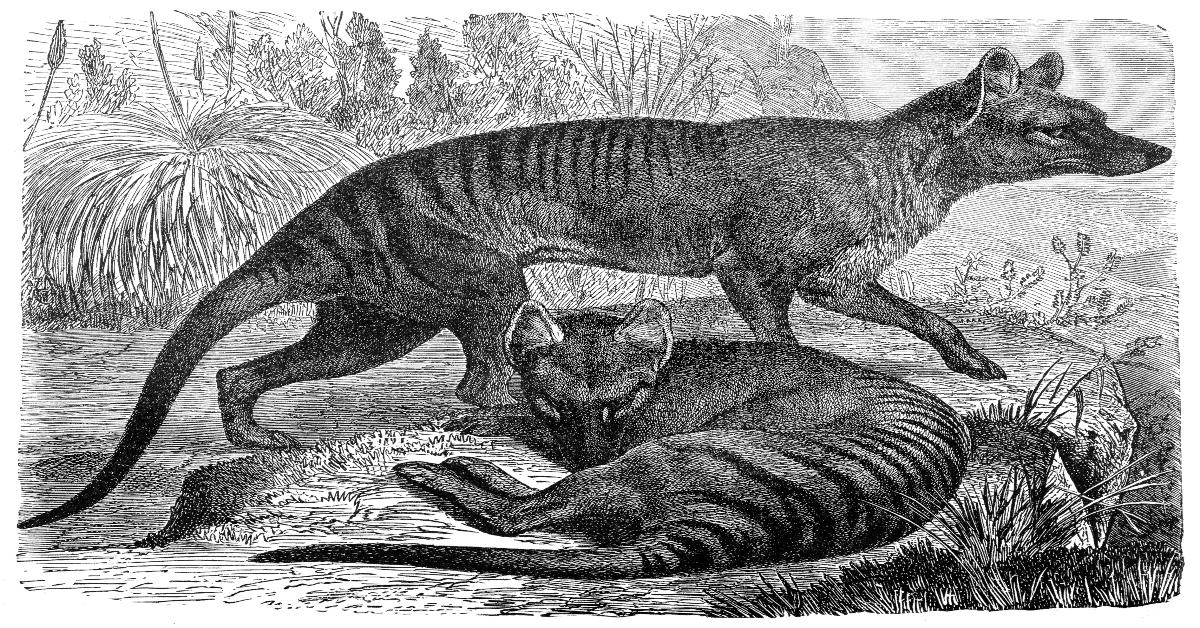
What is being done to protect endangered animals?
Today, many organizations work towards helping to protect, breed, and re-introduce these animals back into their natural habitats (those that still have habitats, anyway). Those that do not, are being bred and housed in zoos or national parks. The hope is that someday, we might be able to repopulate these animals in a place that is similar enough to their lost homes, and that they will be happy and thrive. It’s a pipe dream, frankly.
Standing up to poachers and fighting corporate greed is an uphill battle. Until those elements are combated and eliminated, it is unlikely that we can stave off extinction forever. Pragmatism notwithstanding, there is always the hope that the brave and selfless acts of some will continue to inspire others to protect our remaining charges. If humans are the masters of the Earth, then we are also its stewards, and it is up to us to prevent another mass extinction — especially if it was wrought by our own hands.